How Your Phone Affects Your Sleep Quality.
When was the last time you went to bed without checking your phone first? If the answer is 'I can't', then there's a high chance that your quality of sleep is being affected.
You're the only one: In a study conducted by the University of Hertfordshire, 78% of participants admitted to looking at a smartphone or similar device shortly before bed.
And that compulsion is affecting how well you sleep, according to the study. Blue light from the screens of smartphones, tablets and computers has been found to reduce our production of melatonin, a hormone that we depend on for deep and restful sleep.
The light is not the only culprit.
The light from your phone isn't the only culprit. Even if you use a blue light filter or eye comfort mode, connected gadgets like phones are designed to keep you engaged and awake. Confronted with the regular ping of notifications, our brains remain wired into the world, preventing us from entirely shutting down for the night.
So, while you might think that scrolling through social media, streaming your favourite TV show, or reading an online article is helping you wind down, it's more likely to be keeping you awake.
- Get yourself a real alarm clock. When you end the day by setting an alarm on your phone, you increase the temptation to look at your phone in bed.
- Stop looking at your digital devices at least two hours before your usual bedtime. This will let your body ease into tiredness, free from the stimulation of your phone or tablet.
- Experiment with alternative pre-sleep pastimes. Reading a book or working on a puzzle both allow the brain to switch off, promoting restful sleep naturally.
- Make sure the temperature is right. A cooler room helps prepare your body for sleep and decreases the chances of you waking in the night. Try bedable bedding to help regulate your body temperature.
- Don't use the phone if you're awake in bed. Rather than kicking your brain into overdrive with the addictive glow of your smartphone screen, try lying still and playing a word association game in your head. You might be surprised at how quickly this simple activity makes you feel drowsy, stops you thinking about the day's tasks and lulls you gently towards sleep.

Luxury Bedding Sets
Upgrade your sleep
with deliciously soft bedding sets
crafted from premium cotton.
People Also Asked
Does your phone prevent you from sleeping?
Yes, your phone can significantly hinder sleep. The blue light emitted by phone screens interferes with the body's production of melatonin, a hormone essential for sleep. Additionally, the mental stimulation from scrolling through social media or responding to messages can keep your mind active when it should be winding down for sleep.
Is my phone the reason I'm having trouble?
Your phone could indeed be a significant factor in your sleep difficulties. The constant connectivity and temptation to check notifications can create anxiety and prevent relaxation. Moreover, exposure to bright screens close to bedtime can disrupt your circadian rhythm, making it harder to fall asleep naturally.
Is sleeping with a phone bad for you?
Sleeping with a phone nearby is generally not recommended. Besides the potential sleep disruption from notifications, there are concerns about prolonged exposure to electromagnetic fields. Additionally, having your phone in bed increases the likelihood of using it, which further delays sleep onset and reduces sleep quality.
Should I stop using my phone 30 minutes before bed?
Absolutely. Stopping phone use at least 30 minutes before bed is a crucial step for better sleep hygiene. This break allows your brain to produce melatonin, helping you feel sleepy naturally. It also provides time to engage in more sleep-friendly activities, such as reading or gentle stretching.
Do phones affect sleep quality?
Phones can significantly impact sleep quality. The blue light emitted suppresses melatonin production, while the mental engagement from phone use can increase alertness. This can lead to delayed sleep onset, reduced deep sleep, and more frequent nighttime awakenings, all of which contribute to poorer overall sleep quality.
What happens if you spend 12 hours on your phone?
Spending 12 hours on your phone can have profound health implications. It can lead to digital eye strain, causing headaches and blurred vision. Prolonged sedentary behaviour increases the risk of physical health issues. Mentally, it can contribute to anxiety, decreased attention span, and potential addiction to digital content.
Why do I sleep better without my phone?
Sleeping without your phone allows for better quality rest. Without exposure to blue light and mental stimulation from your device, your body can naturally produce melatonin and prepare for sleep. The absence of notifications also creates a more peaceful environment, reducing anxiety and promoting deeper, uninterrupted sleep.
How to sleep fast in 5 minutes?
To fall asleep quickly, try the 4-7-8 breathing technique: inhale for 4 seconds, hold for 7 seconds, and exhale for 8 seconds. Focus on progressive muscle relaxation, tensing and relaxing each muscle group. Visualise a calm, peaceful scene. Keep your room cool and dark, and ensure your bedding is comfortable.
Do screens affect sleep?
Yes, screens have a significant impact on sleep. The blue light emitted by screens suppresses melatonin production, disrupting the natural sleep-wake cycle. The content consumed on screens can also be mentally stimulating, making it harder to relax and fall asleep. Reducing screen time before bed is crucial for better sleep.
Is it bad to sleep on the phone?
Sleeping on or very near your phone is not advisable. It can lead to disrupted sleep from notifications or the temptation to check the device. There are also concerns about prolonged exposure to electromagnetic fields, although research into this topic is ongoing. It's to keep your phone out of reach from your bed for optimal sleep.
Is sleeping naked healthy?
Sleeping naked can be beneficial for some people. It helps regulate body temperature, potentially improving sleep quality. It may also promote better skin health and air circulation. For couples, skin-to-skin contact can boost intimacy and release oxytocin, a hormone that reduces stress and promotes bonding.
How to fall asleep quickly?
To fall asleep quickly, establish a consistent bedtime routine and practice relaxation techniques such as deep breathing or meditation. Ensure your bedroom is dark, quiet, and calm. Avoid screens for at least an hour before bed. Consider using white noise or calming scents, such as lavender, to create a sleep-conducive environment.
How much sleep do I need?
The amount of sleep needed varies by age and individual, but most adults require between 7 and 9 hours of sleep per night. Teenagers typically need 8 to 10 hours of sleep, while children and infants require even more. Consistently getting enough quality sleep is crucial for physical health, cognitive function, and emotional well-being.
How to fall asleep without a phone?
To fall asleep without a phone, establish a relaxing bedtime routine. Try reading a physical book, practising gentle yoga or stretching, or listening to calming music. Use traditional alarm clocks instead of phone alarms. Create a comfortable sleep environment with appropriate temperature, darkness, and quiet to promote natural sleepiness.
Is reading before bed good?
Reading before bed can be an excellent way to prepare for sleep. It helps reduce stress and provides a calming transition from daytime activities. Choose print books over e-readers to minimise exposure to blue light. Opt for light, enjoyable content rather than intense or work-related material that might stimulate your mind too much.
Do phones have blue light?
Yes, phones emit blue light, which is part of the visible light spectrum. This short-wavelength light is particularly effective at suppressing melatonin production, disrupting the natural sleep-wake cycle. Many phones now offer blue light filters or night mode settings to reduce this effect, especially during evening hours.
How many hours of sleep do teens need?
Teenagers typically need between 8 and 10 hours of sleep per night. This increased need is due to the significant physical and mental development occurring during adolescence. However, social pressures, academic demands, and digital device use often lead to sleep deprivation in this age group, affecting their health and performance.
Is watching TV before bed bad?
Watching TV before bed can negatively impact sleep. The blue light from screens can suppress melatonin production, while engaging content may be mentally stimulating. However, if TV helps you relax, consider watching from a distance and using blue light filters. Consider switching to calmer activities, such as reading or listening to soft music, instead.
How do I know if I'm oI'my phone too much?
Signs of excessive phone use include losing track of time while on your device, feeling anxious when separated from your phone, and neglecting other activities or relationships. Physical symptoms, such as eye strain, neck pain, or disrupted sleep patterns, can also indicate overuse. Regularly check your screen time statistics to monitor usage.
Is 2 hours of screen time bad?
Two hours of screen time isn't necessarily bad, but context matters. For leisure activities, adults should aim to limit their recreational screen time to 2 hours or less per day. However, work or study may require more screen time. The key is to balance screen use with physical activity, face-to-face interactions, and screen-free relaxation time.
How bad is phone addiction?
Phone addiction can severely impact daily life. It can lead to decreased productivity, strained relationships, and neglect of physical health. Excessive phone use is linked to increased anxiety, depression, and sleep disorders. It can also lead to physical issues such as eye strain, neck problems, and reduced physical activity.
How long does it take to fall asleep?
On average, it takes about 10 to 20 minutes for a person to fall asleep. This period, known as sleep latency, can vary based on factors such as tiredness, stress levels, and the sleep environment. Consistently taking longer than 30 minutes to fall asleep may indicate sleep onset insomnia or poor sleep hygiene.
Do screens affect sleep?
Screens significantly affect sleep. The blue light emitted interferes with the body's production of melatonin, disrupting the sleep-wake cycle. The mental stimulation from screen content can also increase alertness, making it harder to relax and fall asleep. Reducing screen time before bed is crucial for better sleep quality.
How much screen time is too much?
The amount of screen time considered "too much" varies by age and purpose. For adults, more than four hours of recreational screen time per day may be excessive. For children, limits are stricter: no screen time for under 18 months, 1 hour for 2-5 years, and balanced, monitored use for older children. Work or study needs may necessitate more screen time, but breaks are essential to maintain productivity.



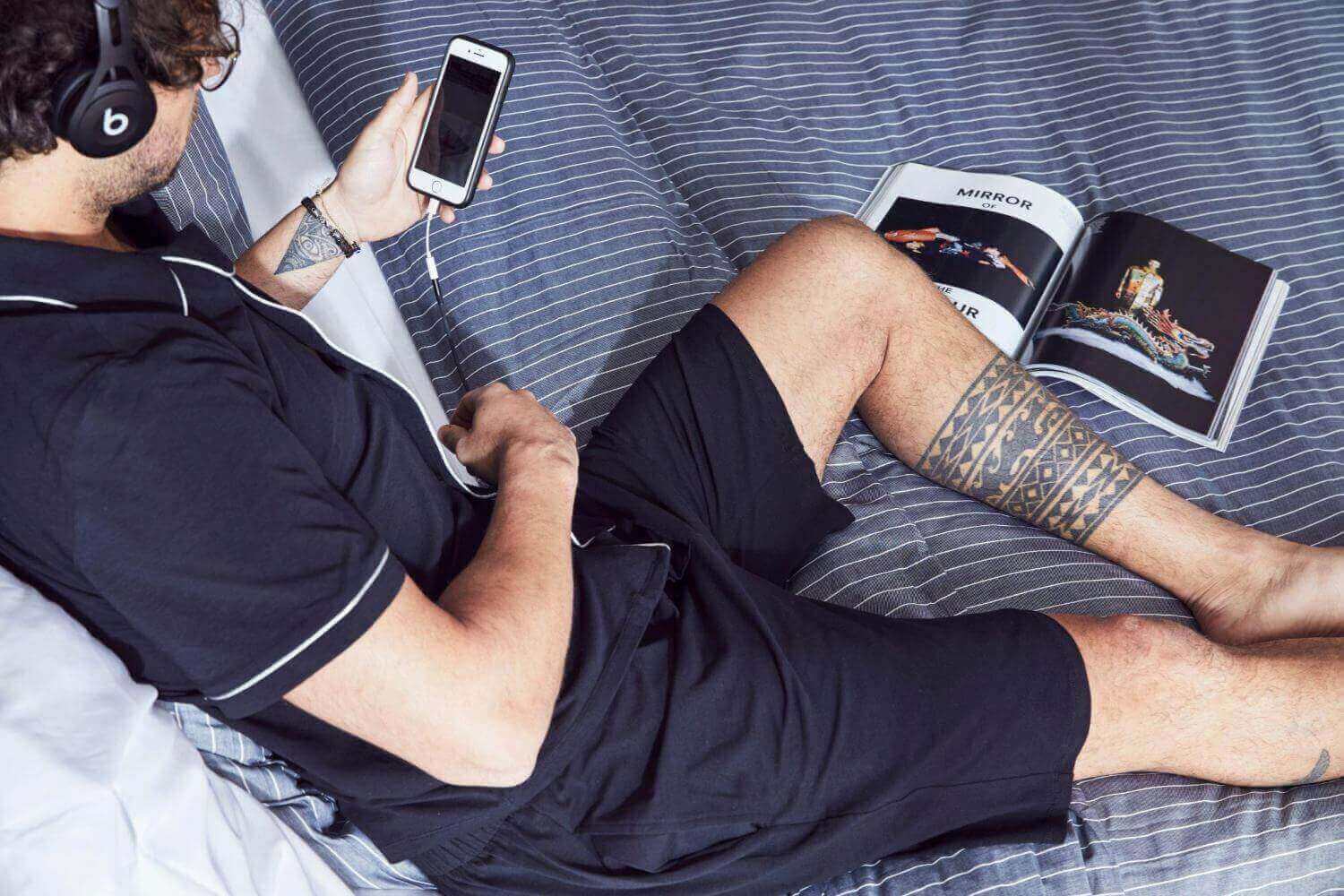
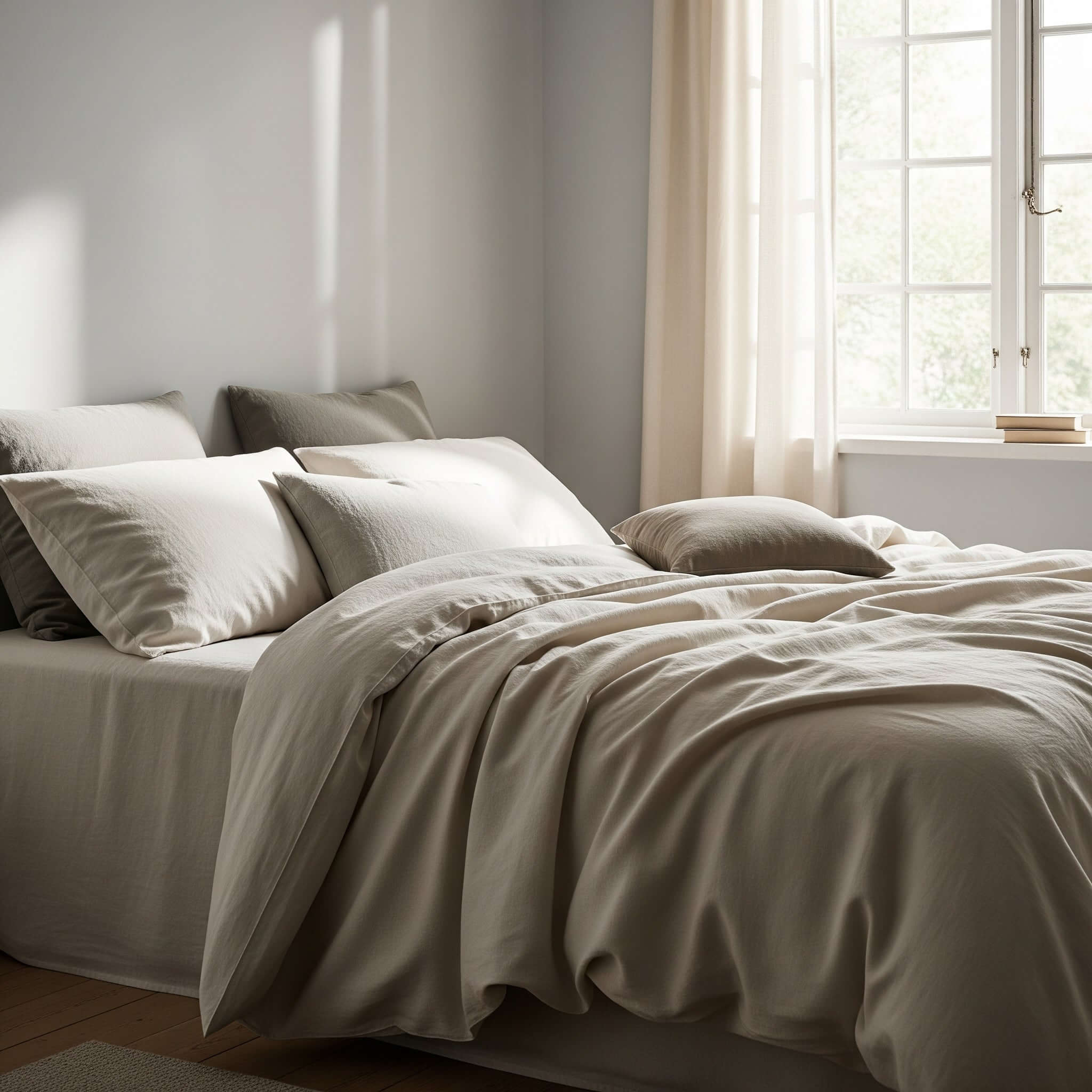
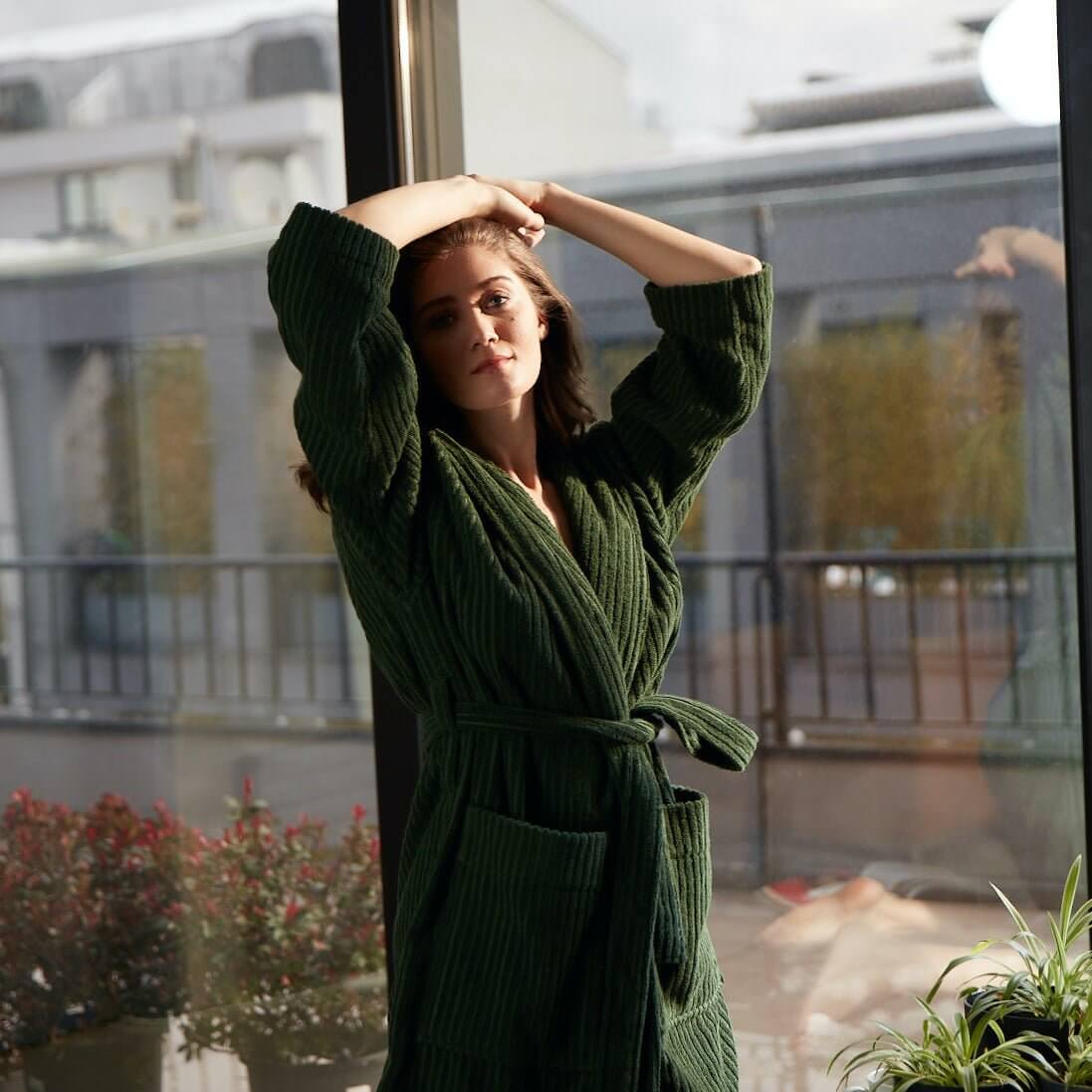
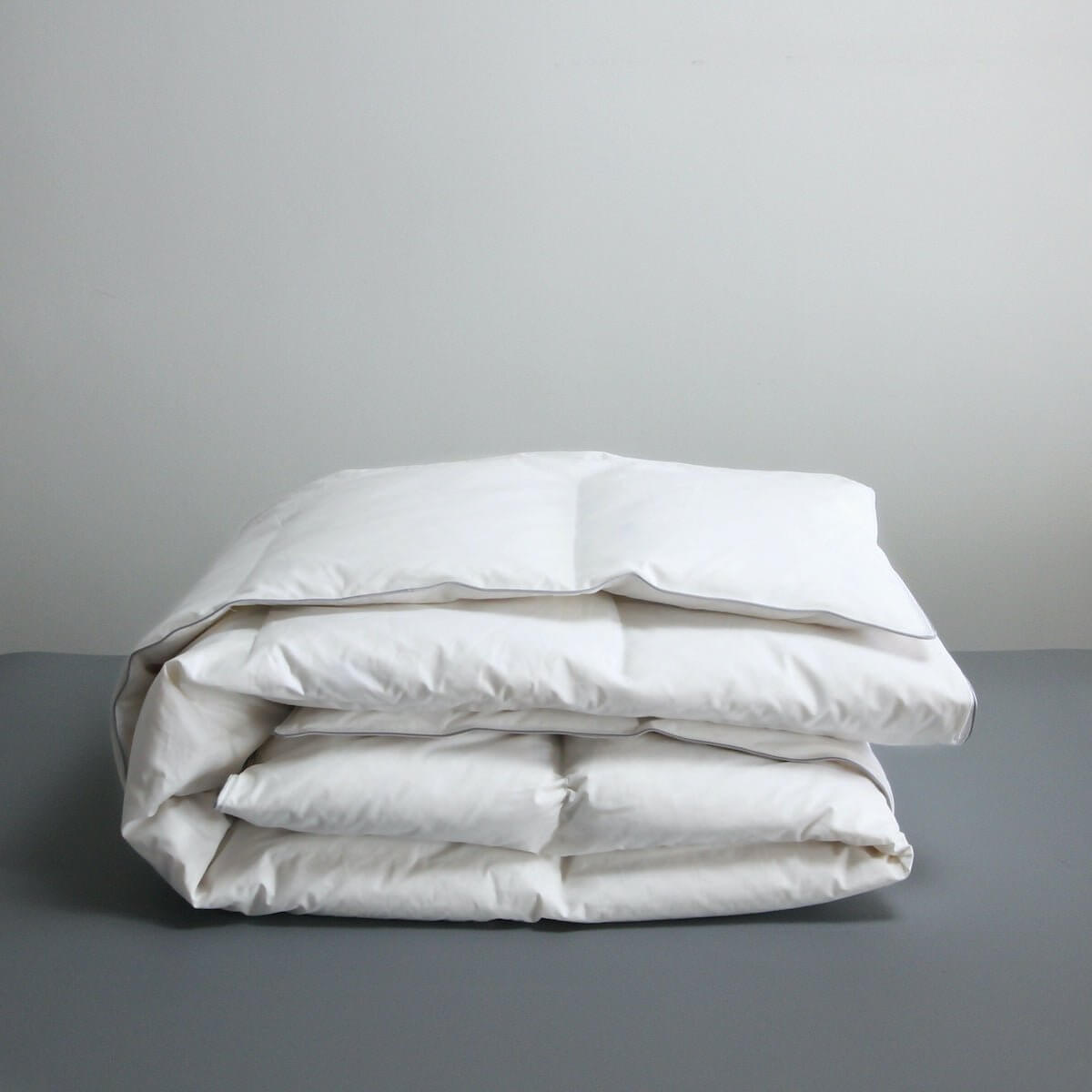
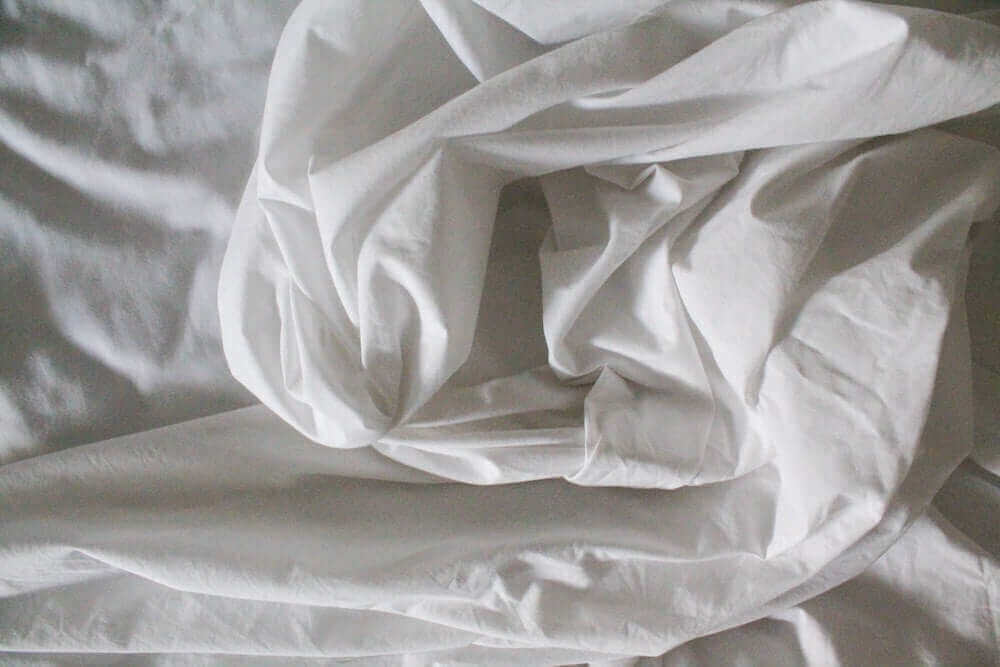
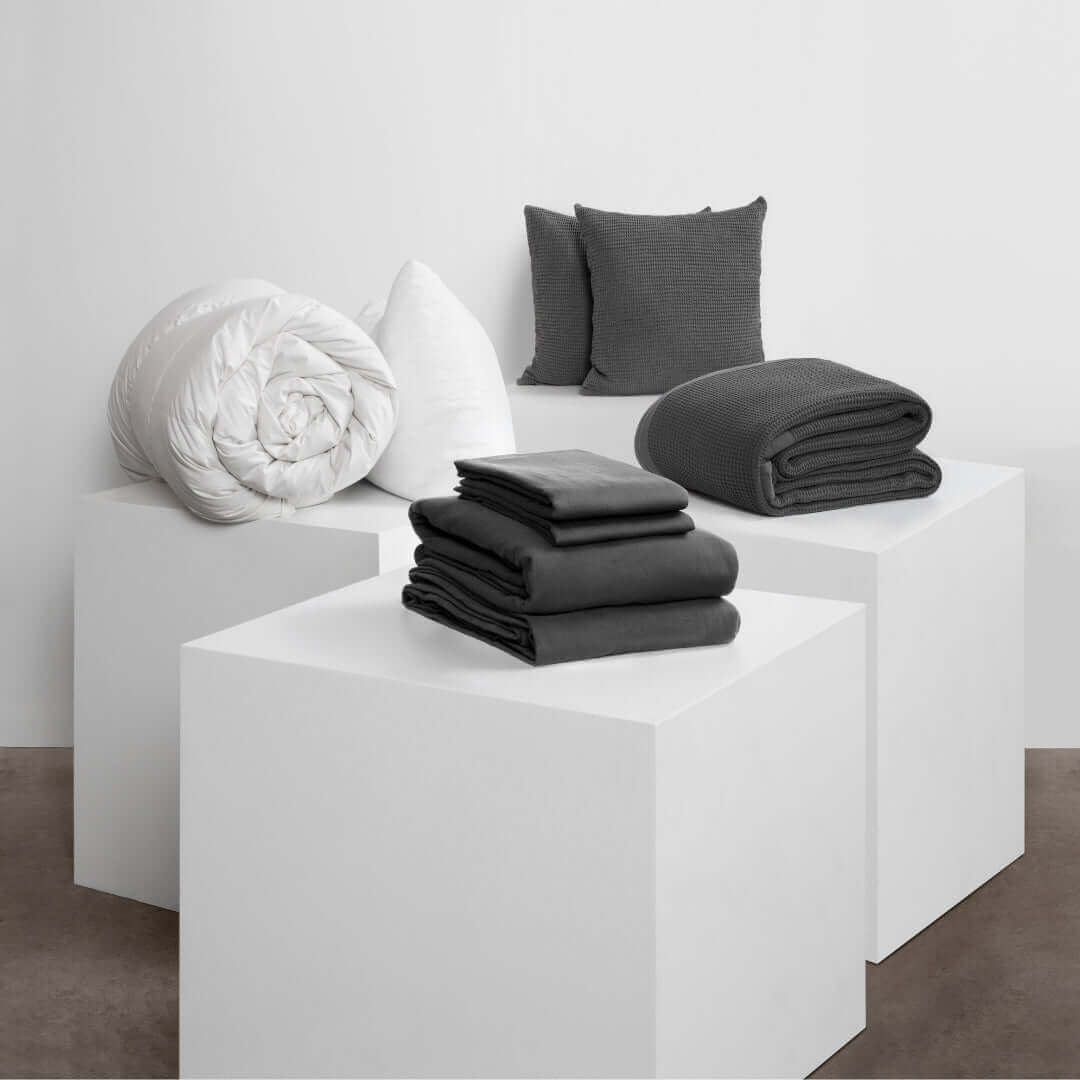

Share:
How to Share a Bed with a Restless Sleeper
5 Simple Ways to Update Your Bedroom For Winter